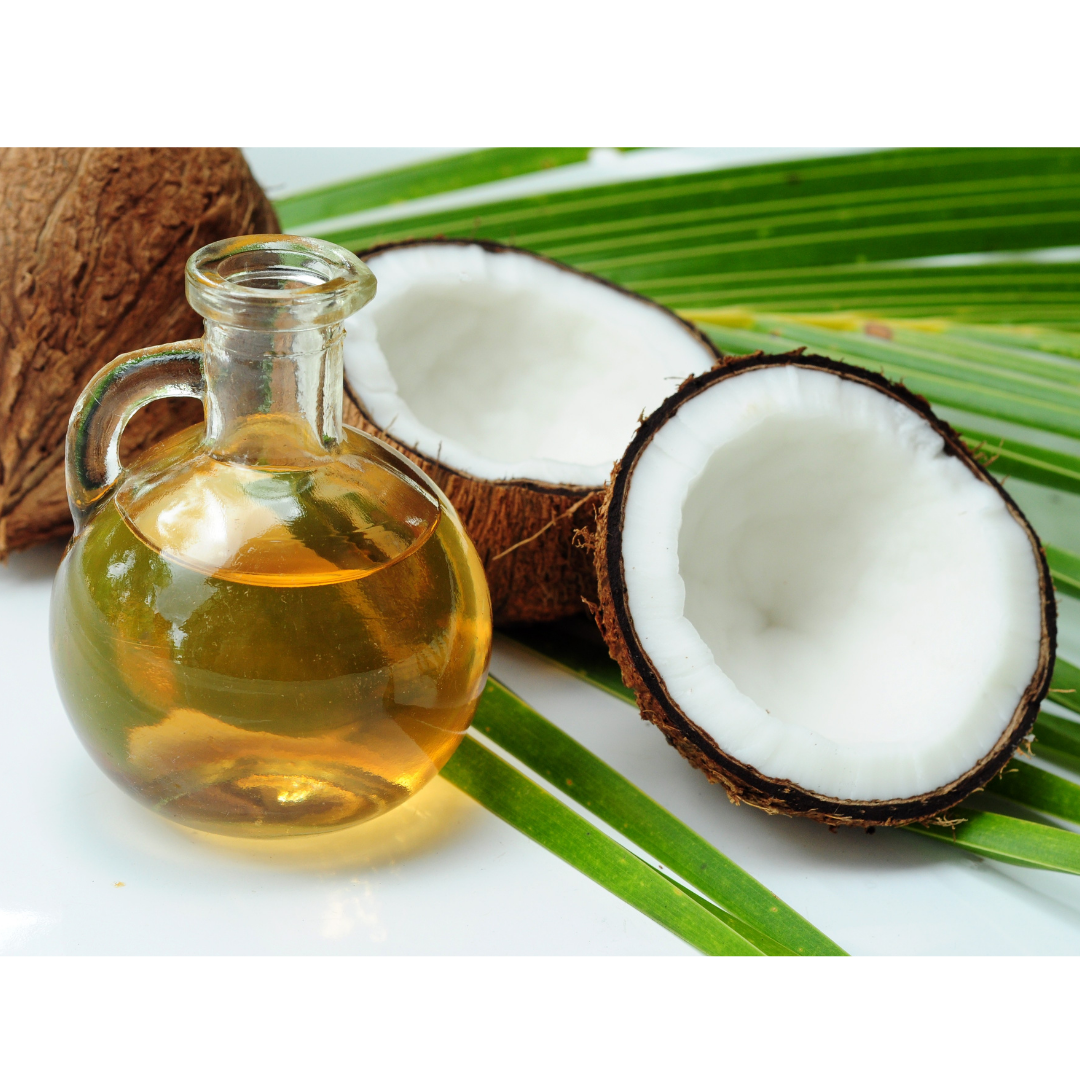
If you have been led to believe coconut oil is the healthiest oil, it might be time to reconsider using it.
If you have recently replaced dairy milk and yoghurt for coconut oil & coconut yoghurt, you may have actually reduced the nutritional value of your diet by increasing saturated fat intake and reducing calcium intake in doing so.
Coconut oil is fat that is extracted from coconut flesh, leaving behind the fibre, carbohydrate and protein. Coconut yoghurt is made from fermented coconut milk. It is also high in fat and low in protein or carbohydrate.
You may already know that there are many different types of fats. The two major types are saturated fats (fats that are linked with high blood cholesterol) and unsaturated fats (healthy fats that can reduce your risk of heart disease). Saturated fats are mostly found in animal products such as full fat dairy and the fat on meats.
Coconut yoghurt and coconut oil are made up of around 90% saturated fat. This means they have a higher saturated fat percentage than standard butter (at around 50%).
Coconut oil became a health fad as a result of its slightly higher smoke point (reducing potential carcinogenic effects) but also due to the argument that the saturated fat in coconut oil behaves differently to animal saturated fats, preventing it from producing any negative effects on health.
Coconut oil is particularly high in one type of saturated fatty acid (the building blocks of fats) called lauric acid. This raises total cholesterol, which means it raises both good cholesterol (high-density lipoprotein or HDL) and bad cholesterol (low-density lipoprotein or LDL). While the increase in good cholesterol (HDL) may seem good, it’s overshadowed by the increase in bad cholesterol (LDL).
The difference between the smoke point of coconut oil and extra virgin olive oil is marginal, so the health benefits of cooking with olive oil on a moderate heat outweigh those of coconut oil. Furthermore, unless calcium is added to coconut products, it does not naturally contain calcium, so simply swapping to coconut yoghurt might mean that you inadvertently reduce your total calcium intake.
Overall, the current evidence shows that coconut oil simply does not stack up against healthy unsaturated fats (like those found in olive oil) that lower the bad stuff whilst increasing the good stuff too. A report from the Heart Foundation, based on a recent review of clinical trials, advises against the use of coconut oil as a result of this information.
